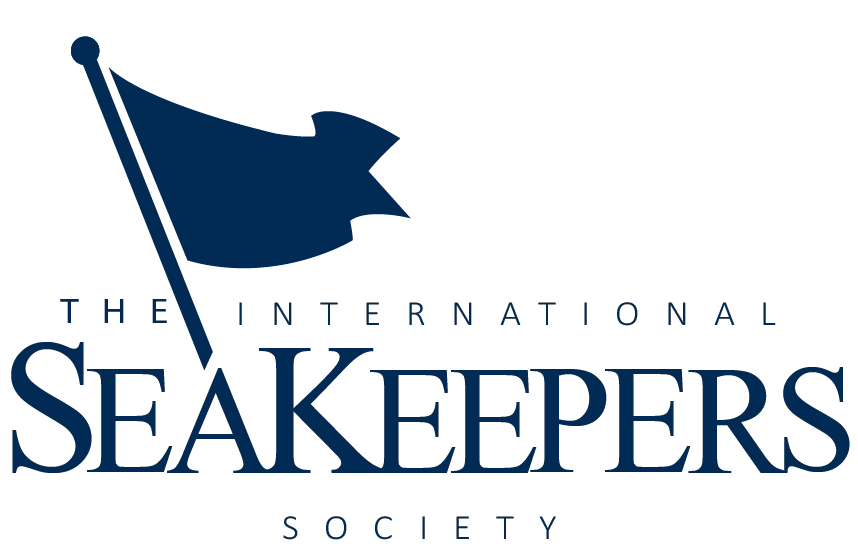September 2015- The International SeaKeepers Society and the University of Miami’s RJ Dunlap Marine Conservation program have been working together to study sharks in the Bahamas and are now turning their attention to sharks in South Florida. A series of expeditions, beginning earlier this year, are taking a close look at shark behavior and health in urbanized environments. This research will tell scientists if and how sharks are adapting and thriving in South Florida’s urbanized coastal ecosystems. Sharks are top predators and their health can have major ecological implications for South Florida.
Presently, there are no studies that have explicitly examined how coastal urbanization affects the distribution, behavior or feeding of sharks. The Urban Shark Project is aimed to assess the health of several shark species in urban environments over a 2-year period. The project includes tagging sharks, collecting tissue samples and implanting acoustic tags to track shark movements locally.
To date, SeaKeepers and researchers from the University of Miami have tagged sharks in the Miami River, Biscayne Bay, the Intracoastal Waterway and offshore Miami. Several species have been identified, including bull, black tip, sandbar, great hammerhead, lemon and nurse sharks. An additional trip to look at sharks in the Palm Beach area was also completed. These research trips would not have been possible without participation from SeaKeepers DISCOVERY Yachts Little Penny and BG3 of Propel Yachts as well as support from Florida Biodiversity Institute.
Concurrently, SeaKeepers is aiding the RJD team in the deployment of twelve hydrophones around Miami and Biscayne Bay with the support of local marinas, including RMK MerrillStevens, Epic Marina, Miami Beach Marina, Fisher Island Club and Marina and Royal Harbor Marina. These hydrophones are a vital part of the research process. Each hydrophone receives information from a shark’s acoustic tag and allows scientists to track and analyze an individual shark’s movements throughout the hydrophone array.
SeaKeepers and the University of Miami will be continuing this work over the next year and are looking for additional support from vessels to assist with shark tagging in South Florida.
WPLG Local 10 news anchor and animal advocate Jacey Birch joined the researchers on a shark tagging trip off Miami Beach. Birch participated in the tagging process and discussed the importance of shark conservation.
About The International SeaKeepers Society®
The International SeaKeepers Society is a not-for-profit 501(c)(3) organization focusing on the health of the world’s oceans and climate. SeaKeepers works with the boating and yachting community to take advantage of their unique potential in order to further marine research and to raise awareness about the issues our oceans face. The International SeaKeepers Society acts as a global catalyst working with governments, scientists, industry, and other marine organizations to further its mission and to support sensible, achievable marine protection and restoration. For more information visit www.seakeepers.org
About the University of Miami’s Rosenstiel School of Marine and Atmospheric Science
The University of Miami is one of the largest private research institutions in the southeastern United States. The University’s mission is to provide quality education, attract and retain outstanding students, support the faculty and their research, and build an endowment for University initiatives. Founded in the 1940’s, the Rosenstiel School of Marine & Atmospheric Science has grown into one of the world’s premier marine and atmospheric research institutions. Offering dynamic interdisciplinary academics, the Rosenstiel School is dedicated to helping communities to better understand the planet, participating in the establishment of environmental policies, and aiding in the improvement of society and quality of life. For more information, visit: www.rsmas.miami.edu

